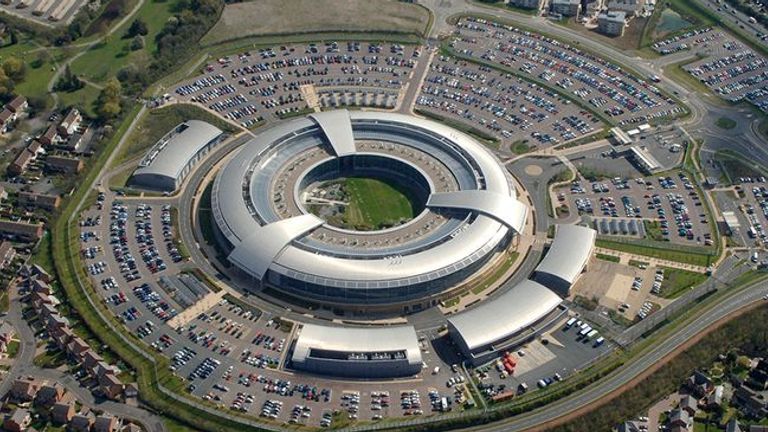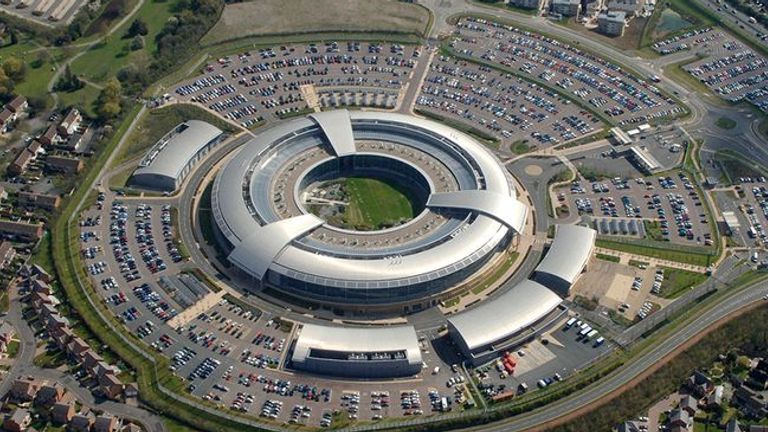
Britain’s cyber security agency had to tackle a record 777 cyber incidents over the past year, with coronavirus vaccine research a prime target for attack.
The National Cyber Security Centre (NCSC), part of GCHQ, said a number of the incidents were linked to hostile states, including Russia and China.
This included a global hacking campaign, blamed on Russia’s foreign intelligence service, which impacted the US government most significantly.
The so-called SolarWinds breach is regarded as “one of the most serious cyber intrusions of recent times”, the NCSC said in its annual review.
Another major incident, linked to a Chinese state-backed actor, involved an attack on Microsoft.
Sir Jeremy Fleming, the director of GCHQ, described them both in the review as “two of the most serious global cyber incidents we’ve seen in recent years”.
The NCSC said China was a “highly sophisticated” operator in cyber space, with “increasing ambition to project its influence beyond its borders” and a proven interest in the UK’s commercial secrets.
“How China evolves in the next decade will probably be the single biggest driver of the UK’s future cyber security,” it said in the 88-page document.
In a foreword to the review, Sir Jeremy warned: “We can see technology leadership is shifting eastwards. The key technology we will rely on for future prosperity and security won’t necessarily have democratic values at its core. We will work with partners around the world to help the UK and allies face this moment of reckoning.”
The total number of incidents the NCSC had to respond to over the past 12 months was up from 723 the previous year.
They included a rise in so-called ransomware attacks – an area of growing concern, where a criminal or hostile state locks a user out of their data and demands a ransom in return for being able to retrieve the material – though that may never happen even if money is paid.
Lindy Cameron, chief executive of the NCSC, said in her foreword to the review: “One of the trends that the NCSC has seen over the last year was a worrying growth in criminal groups using ransomware to extort organisations. In my view it is now the most immediate cyber security threat to UK businesses and one that I think should be higher on the boardroom agenda.”
With the 777 incidents it had to tackle of the year, the NCSC said some 20 per cent of the organisations the agency had to support were linked to the health sector and vaccines, including hospitals and research centres.
As part of efforts to bolster protection, the NCSC said it extended support to better improve the online security for an additional 3 million employees working in the sector, from frontline healthcare staff to vaccine researchers.
The agency said the University of Oxford protected itself from an attempted ransomware attack “with the potential to cause significant disruption” as a result of implementing the NCSC’s services.







More Stories
5 Reasons Why Everyone Should Look Forward to Save Earth Mission’s Takeoff Event
Save Earth Mission’s Takeoff Event Countdown Starts: Get Ready to Witness History
The Save Earth Mission: A Global Movement Towards a Sustainable Future